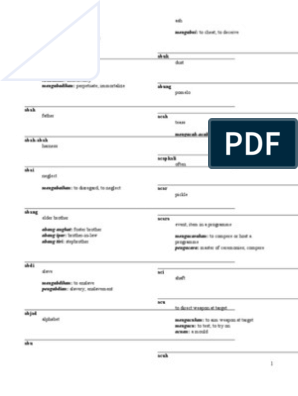100% found this document useful (1 vote)
1K views125 pagesArticle 5 - Sem Ii 2013-14
The document discusses the interpretation of Article 5(1) of the Malaysian Constitution, which protects personal liberty. It examines:
1) Article 5(1) protects the personal liberty of any person, whether citizen or non-citizen.
2) Personal liberty refers to freedom from physical coercion without legal justification. The courts take a strict approach to this definition.
3) The right to life includes livelihood, reputation, and the right to continue public service subject to fair removal procedures. The meaning of life goes beyond mere physical existence.
Uploaded by
Luqman HakeemCopyright
© © All Rights Reserved
We take content rights seriously. If you suspect this is your content, claim it here.
Available Formats
Download as PPT, PDF, TXT or read online on Scribd
100% found this document useful (1 vote)
1K views125 pagesArticle 5 - Sem Ii 2013-14
The document discusses the interpretation of Article 5(1) of the Malaysian Constitution, which protects personal liberty. It examines:
1) Article 5(1) protects the personal liberty of any person, whether citizen or non-citizen.
2) Personal liberty refers to freedom from physical coercion without legal justification. The courts take a strict approach to this definition.
3) The right to life includes livelihood, reputation, and the right to continue public service subject to fair removal procedures. The meaning of life goes beyond mere physical existence.
Uploaded by
Luqman HakeemCopyright
© © All Rights Reserved
We take content rights seriously. If you suspect this is your content, claim it here.
Available Formats
Download as PPT, PDF, TXT or read online on Scribd
/ 125















































































































